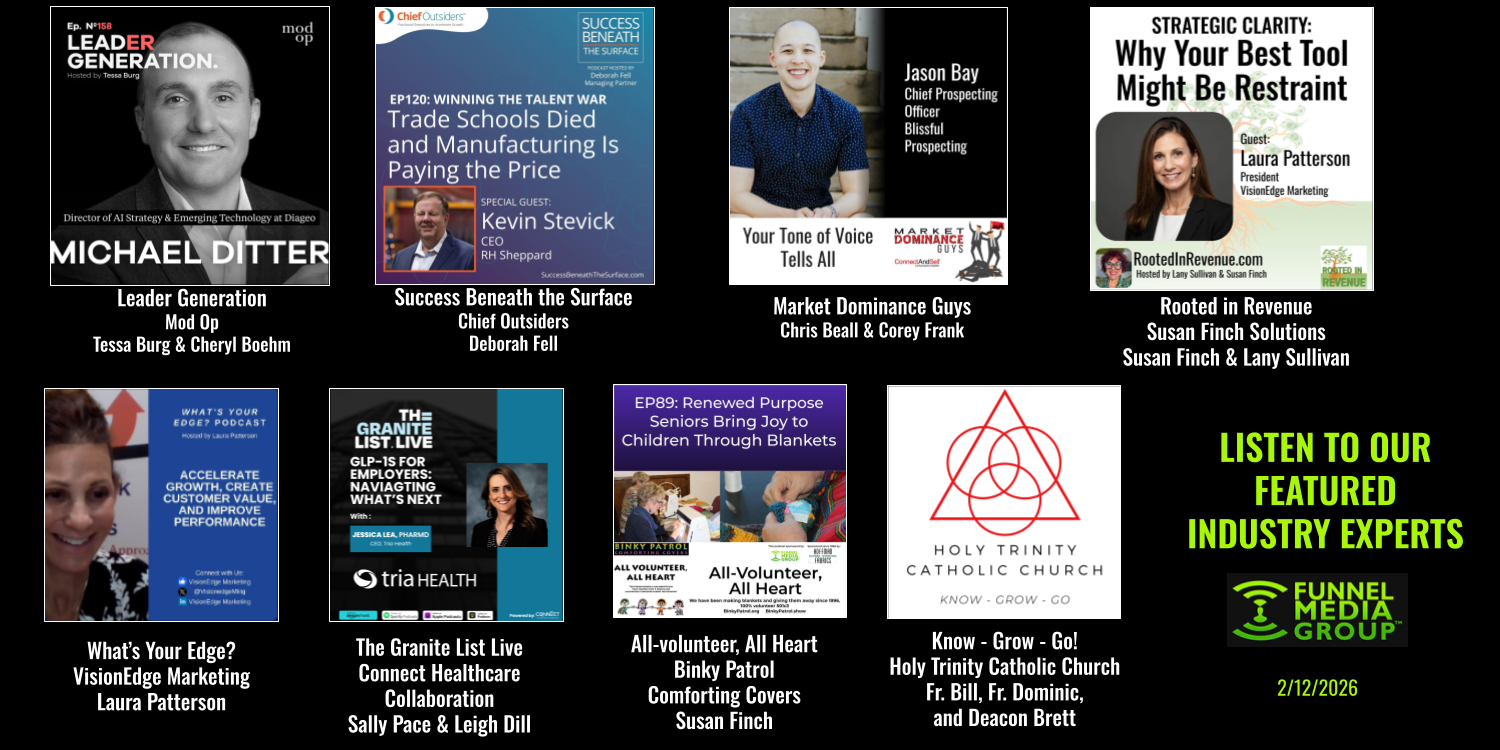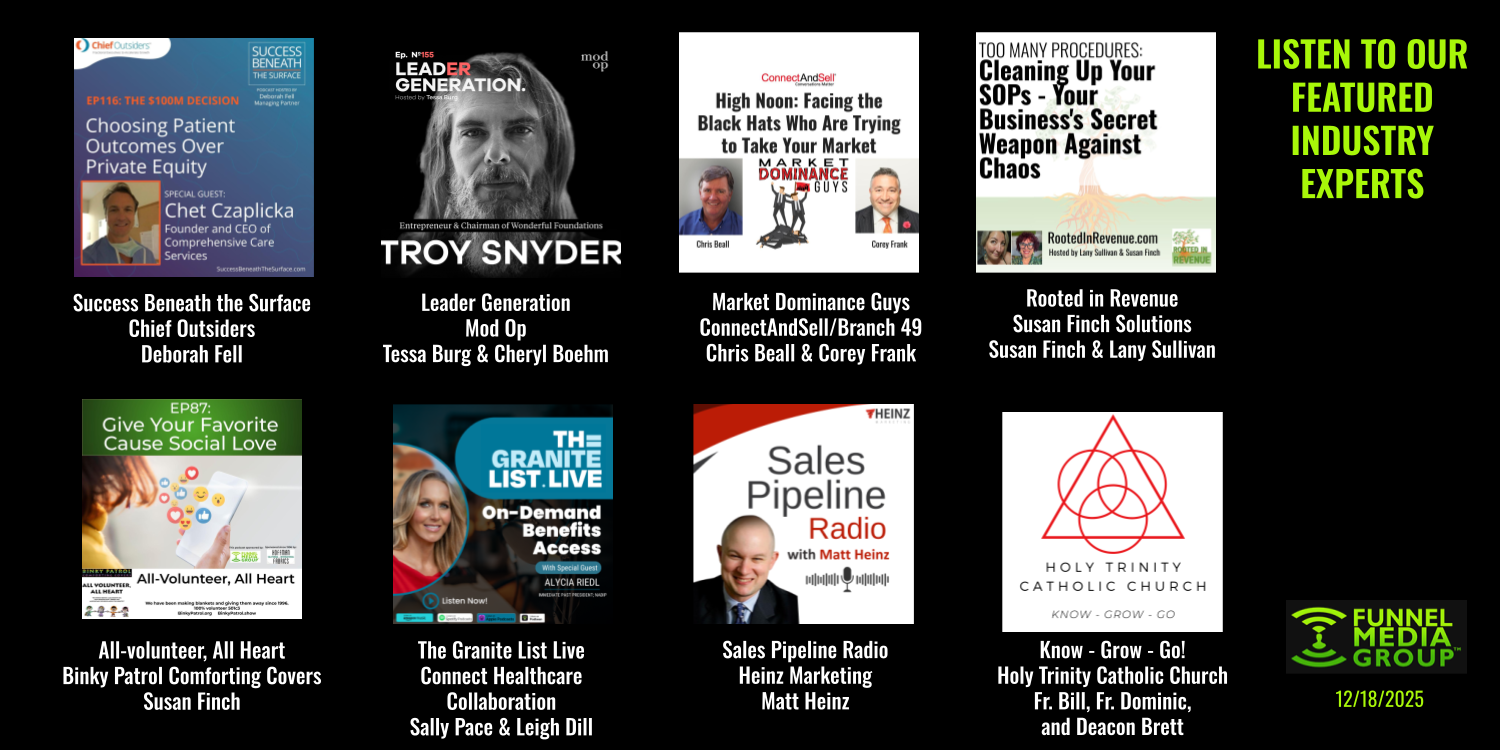When Nicole Martin Lawton suddenly became CEO of Phoenix Language Services in May 2020, it was under extraordinary circumstances. Not only was the world grappling with a global pandemic, but she had just returned from maternity leave with her second child when her father, company founder Bill Martin, passed away. In that moment, Nicole stepped into leadership of the company he had built from the ground up since 1993 – a business born from his experience as an ad hoc Spanish interpreter for his own mother. This episode explores Nicole’s remarkable journey from anthropology student to healthcare attorney to CEO, and how she navigated the delicate balance of honoring her father’s legacy while making the company her own. Through her story, we see what’s possible when the next generation is suddenly thrust into leadership, guided by deep respect for those who came before and a clear vision for the future.
Before introducing Aaron Grando to review the AI-powered coding assistant Cursor, Tessa Burg explores the key trends shaping the future of AI in 2025. From the explosion of new technologies to the rise of real-time personalization, Tessa lays out a roadmap for how businesses can strategically adopt AI. She also highlights the shift towards smaller, more senior teams and how collaboration will become critical for maximizing AI’s potential. Aaron Grando, VP of Creative Innovation at Mod Op, shares his hands-on experience with Cursor. Aaron explains how this powerful app streamlines workflows, enhances context, and even integrates non-coding tasks like notes and project insights.
Today we’re talking with data science manager Gaurav Mittal about how tech professionals can transform nonprofits by volunteering their skills. While many organizations struggle with limited budgets and technical resources, professionals like Gaurav are showing how a few hours of volunteered expertise in data analysis, automation, or system design can help nonprofits dramatically scale their impact. Whether it’s creating dashboards to better understand donor patterns, building tools to streamline operations, or developing solutions that help organizations tell their story through data, tech volunteers are helping nonprofits serve more people in need while working remotely on their own schedule. This conversation reveals how accessible and rewarding it can be to give back using the professional skills you already have.
We hope you enjoy these and the rest of this week’s playlist.






